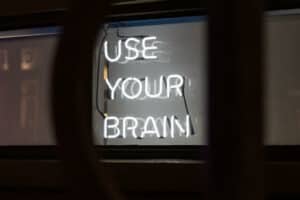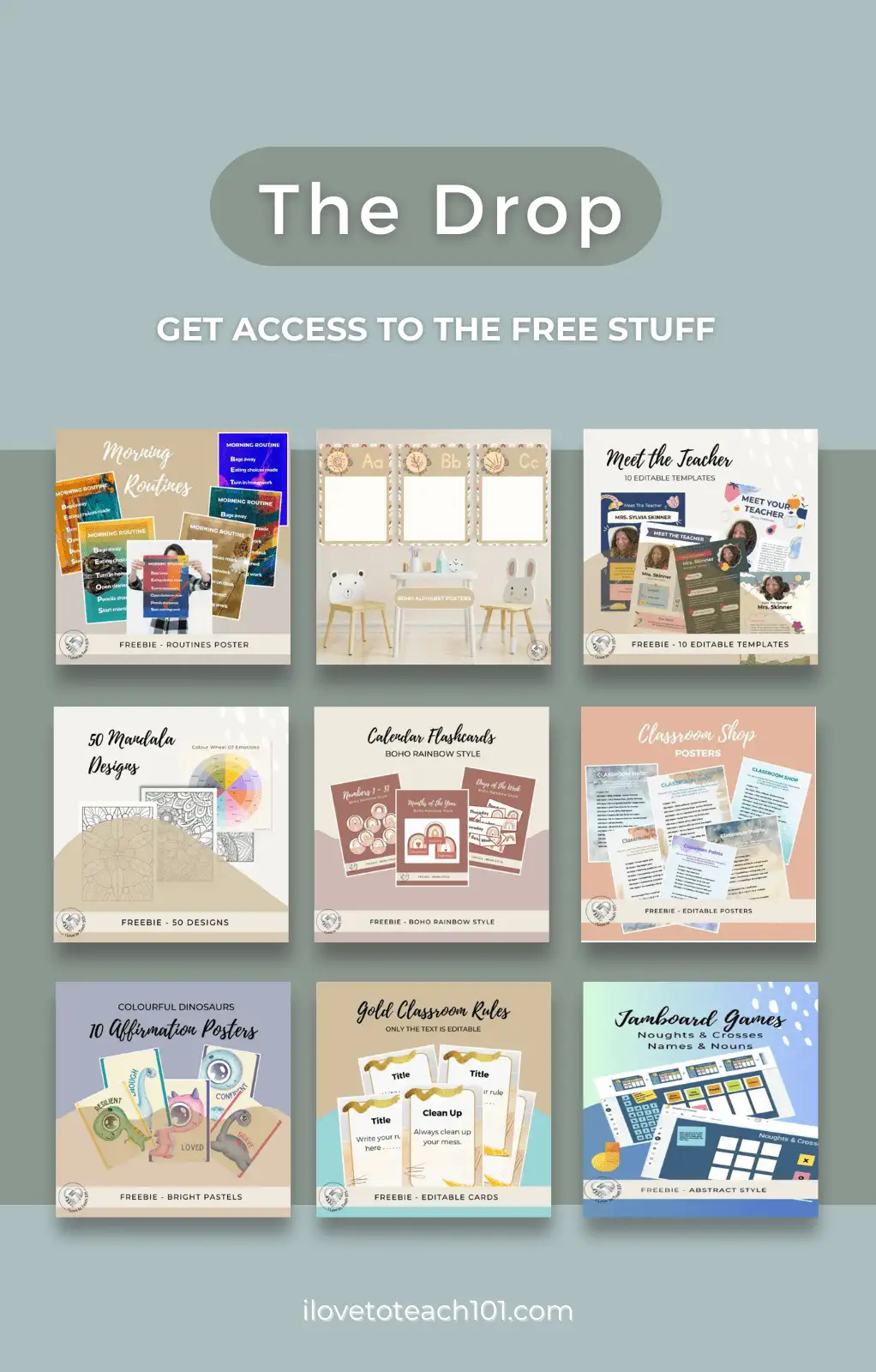- Why Critical Thinking: Essential Skills for Innovative Minds
- Why Critical Thinking skills are Important to Unlock
- Teaching Critical Thinking: K-12 Guide
It’s vital to understand why critical thinking is more than an academic buzzword; it’s the cornerstone of logical reasoning. We encourage students to dissect arguments, challenge assumptions, and assess the validity of various viewpoints. This approach doesn’t just prep them for exams—it’s about crafting a mindset that questions the status quo and strives for deeper understanding.
Employers aren’t just looking for workers; they’re scouting for thinkers. Critical thinking isn’t just beneficial; it’s essential. It’s ranked highly by the World Economic Forum for a reason. By embedding these skills into our teaching, we’re not just educating; we’re equipping our future leaders. This practical approach helps students navigate complex and often ambiguous problems, making them not only valuable in the workplace but indispensable.
Creativity Meets Logic: A Symbiotic Relationship
Let’s chat about why critical thinking isn’t the sole star of the show. Enter creative thinking—its dynamic partner. By weaving critical analysis with creative exercises, we craft lessons that foster innovation. This combination encourages students to approach problems from multiple angles, enhancing their ability to generate unique solutions and see beyond conventional methods.
Discussing why critical thinking skills need to be universally accessible, we see the importance of diverse perspectives. Tailoring these skills to various learning styles and backgrounds enriches the classroom dialogue and builds a more inclusive educational environment. Everyone has a voice, and in our classrooms, every voice is heard and valued, paving the way for richer discussions and more comprehensive learning outcomes.
Engage Minds: Keeping It Real
Why critical thinking should remain a consistent thread through education is about engagement. It transforms passive learning into active exploration. Students learn to apply knowledge practically, turning abstract theories into real-world solutions. This isn’t just education; it’s preparation for life, ensuring students can apply what they’ve learned in tangible, impactful ways.
By exploring why critical thinking is crucial, we not only underscore its importance in education but also set the stage for a balanced skill set that includes creative thinking.
Critical and creative thinking are important skills that can be used in just about any profession, including education, but they can be tricky to understand and teach.
The root of the word “education” means to “draw out”. This definition is the key to effective education, although we rarely think about it. But, rather than “drawing out” ideas and information from students, we can inadvertently design lessons that “pump in”.
Students brains either subdue to silence or get so bored that they begin to cause chaos in the classroom.
The brain is a muscle, and, like any muscle, it needs to exercise regularly. When we only focus on “pumping in” information, the brain becomes mechanical, no longer needing to think creatively or critically.
Teaching critical and creative thinking skills enable students to “flex” those muscles, so let’s dive in and explore the two principal thinking skills students need.

Why critical thinking so important?
Critical thinking is the process our minds go through when we actively compare ideas, evaluate and analyse information and come up with sound conclusions or judgements based on the thought process we’ve completed.
Teaching critical thinking skills is important for children of all ages to continue to develop. It allows them to express their thoughts and beliefs and be more likely to have a higher quality of life as adults.
In fact, according to the World Economic Forum, critical thinking is one of the two (right behind complex problem solving) top sought after skills by employers during the fourth industrial revolution (we’re in it!). In 2015, it was the fourth most important skill.
Critical thinking fosters the creativity and innovation required in 2022 and beyond. It is an important skill to have when working on projects or jobs—helping students organise their thoughts and make them more productive. It’s also an essential part of learning because it allows us to think about new ideas and concepts from different perspectives.
Critical thinking allows us to learn better than before when we just took everything at face value or believed what we were told without any questioning (which isn’t always a bad thing, but it does have its limitations).
A fun Youtube to share with your High School students: Five strategies to boost your critical thinking skills by BBC ideas.
Thinking Ahead: Planning for the Future
When we ask students to identify similarities and differences between two ideas, this critical thinking is not enough. Students need to engage the creative thinker to invent a new opinion or idea.
Education demands both critical and creative thinking. Teaching should create intelligence, but the information we as teachers give students is not intelligence in and of itself. Information is not intelligence; intelligence knows how to choose what information you need and apply it.
Students need to learn to use any information to solve problems, develop arguments, or use evidence to support their case. Critical thinking empowers students to analyse and question to produce well-thought-out conclusions.
As teachers, this is why critical thinking is our responsibility to make space for it in the classroom.
There are practical ways teachers can more actively engage critical thinking for students with much less effort, so they can be set up to succeed.
As a teacher, the thought that so many young minds are in your hands can be daunting. However, staying positive, optimistic, and always providing a safe place for students to speak their thoughts is an excellent first step.
Critical and creative thinking work in tandem. Even though critical thinking enables students to analyse information, they need to develop creative thinking. The future needs people who can invent new unique ideas and are not necessarily dependent on past or present inventions.

Students need both critical and creative thinking skills for the future
Critical thinking skills are highly strategic — you evaluate the soundness of your ideas, while creative thinking is more based on instinct, imagination, and emotion.
Both critical and creative thinking are crucial skills for success in any field — including teaching itself!
When we don’t encourage students to think creatively and critically, it’s easy for students to become bored or disengaged from the material they’re being taught. It makes it harder for them to retain information long-term, which means they won’t be able to pass tests or ace quizzes later on down the road.
Critical thinking helps students analyse information from multiple sources, evaluate evidence, and draw conclusions based on what they know instead of what they guess. These make sure students learn to validate or check that their creative, unique ideas are valid and practical.

So, how do we develop creative and critical thinking?
Group work is one of the most excellent ways to let collaboration happen. Each student brings a variety of ways of looking at the problem, combining both critical and creative thinking in numerous ways.
Students might not be comfortable with group work to start with. However, teaching collaboration alongside critical and creative thinking skills is needed if our students are to succeed in an ever-changing global economy.





